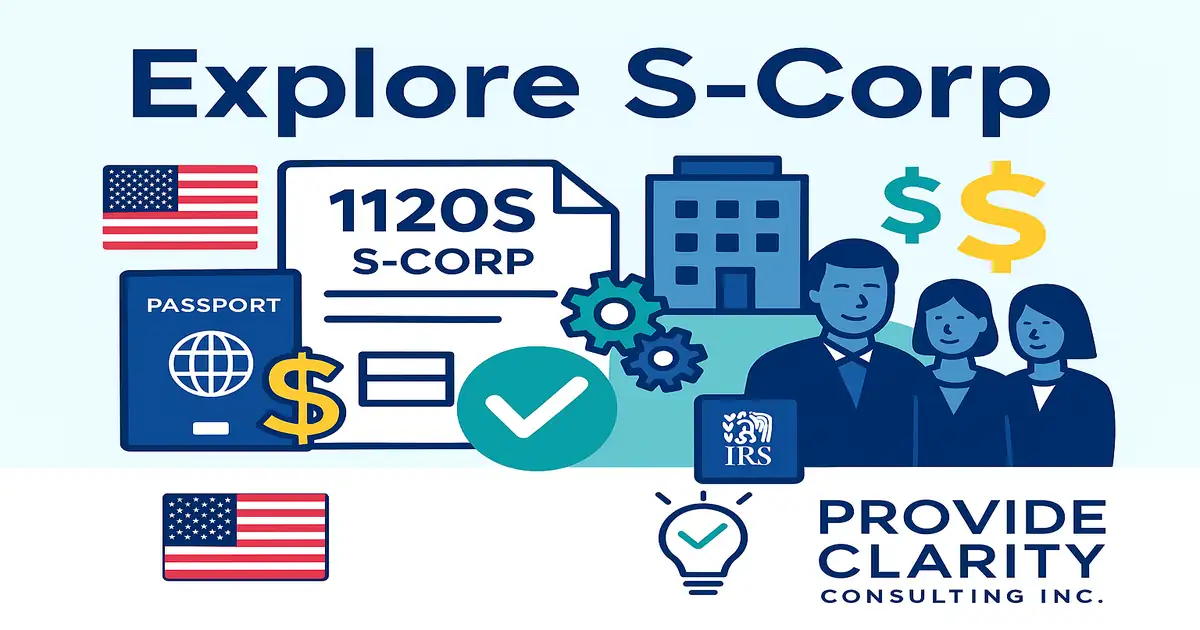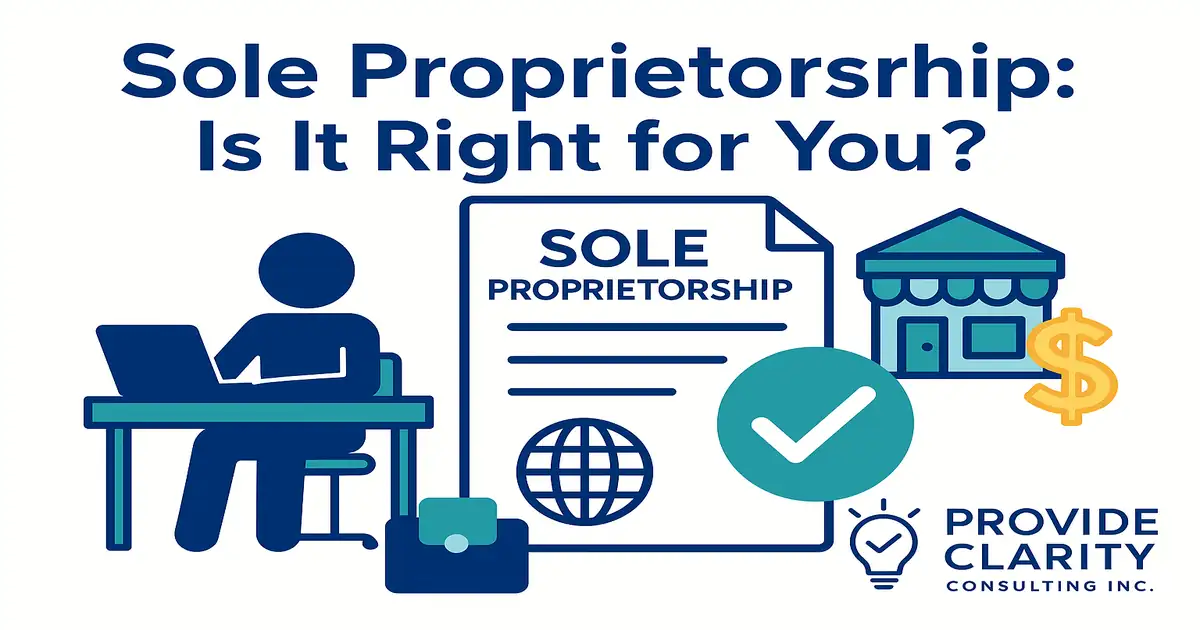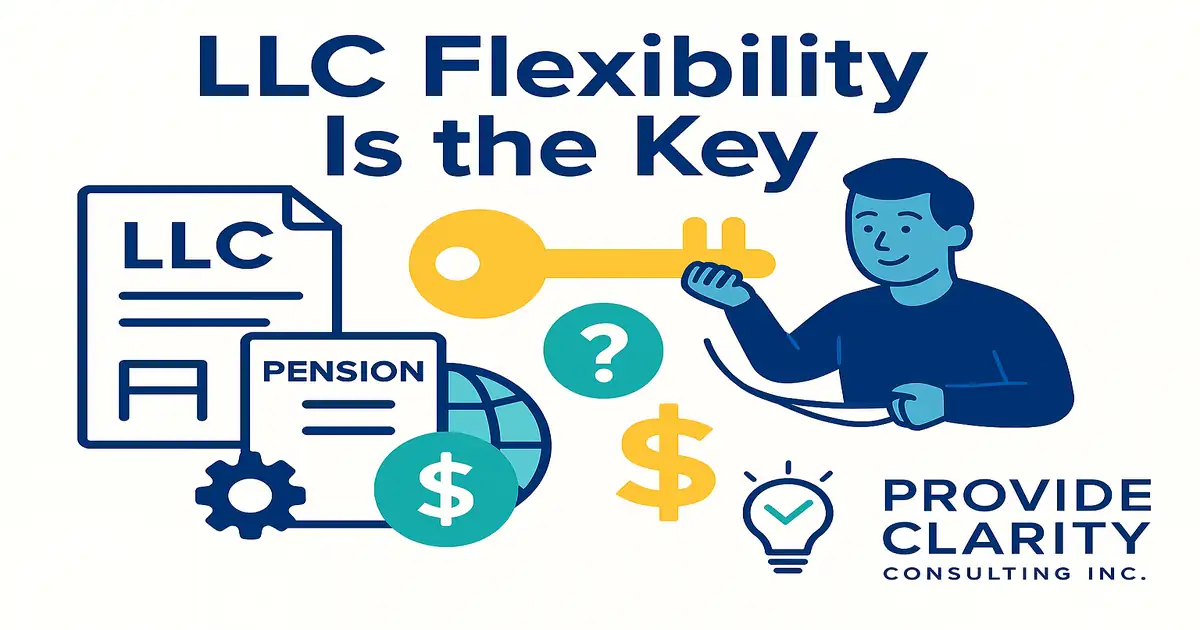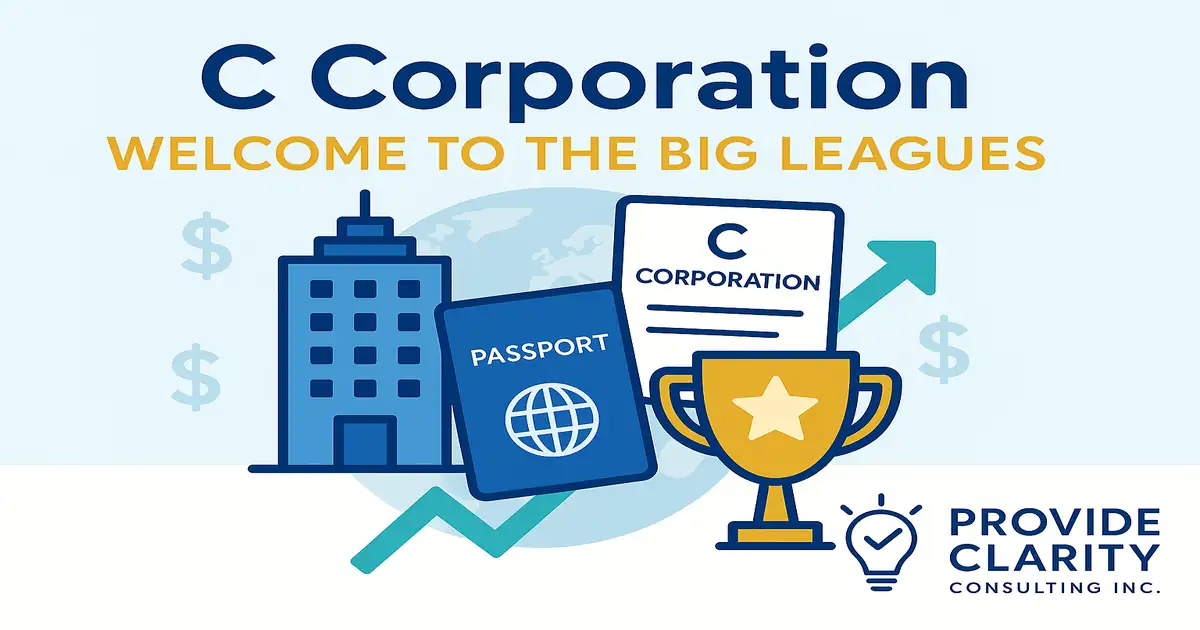Understanding S-Corporations: The Unique Business Type for Entrepreneurs
Discover the unique benefits and characteristics of the S-Corporation, a distinct business structure that offers various advantages to small businesses and entrepreneurs.
Introduction to S-Corporations
An S-Corporation, also known as S-Corp, is a unique type of business entity. It is designed to avoid the double taxation dilemma that traditional corporations face. Double taxation refers to the scenario where corporate profits are taxed twice – first at the corporate level, then again when distributed as dividends to shareholders.
As an S-Corp, a company's profits and losses can pass through to shareholders' tax returns. This way, the business itself is not taxed. Instead, all income and losses are reported on the personal tax returns of the shareholders.
Why Choose an S-Corporation?
There are several reasons why an entrepreneur might opt for an S-Corporation structure:
- Pass-through taxation: As mentioned earlier, S-Corporations are not subject to corporate income tax. This can result in significant tax savings.
- Asset protection: S-Corporations offer limited liability protection. This means that shareholders are not personally responsible for the company's debts and obligations.
- Credibility: Having the 'Inc.' or 'Corp.' designation can enhance your business's credibility with customers, vendors, and partners.
Setting Up an S-Corporation
Setting up an S-Corporation involves several steps:
- First, the business must be registered as a corporation in the state where it is headquartered.
- After the corporation is formed, all shareholders must sign and file Form 2553 with the IRS to elect S-Corporation status.
- The corporation must also meet all other IRS requirements for S-Corporations.
Remember, choosing the right business structure is crucial. If you’re unsure about the best structure for your business, it may be wise to book a consultation with a professional tax consultant.
Restrictions of an S-Corporation
While an S-Corporation offers many benefits, it also comes with several restrictions:
- An S-Corporation can have no more than 100 shareholders.
- All shareholders must be U.S. citizens or residents.
- S-Corporations can only issue one class of stock.
Despite these restrictions, many entrepreneurs find that the advantages of an S-Corporation far outweigh the drawbacks.
Maintaining S-Corporation Status
Maintaining S-Corporation status requires ongoing effort. S-Corporations must hold annual meetings and record minutes. They also need to follow strict recordkeeping and reporting guidelines. Failure to do so can result in the loss of S-Corporation status.
Conclusion
Choosing the right business structure is critical for your company's success. An S-Corporation can offer significant benefits, especially for small businesses and entrepreneurs. However, it isn't the right choice for everyone.
If you're considering setting up an S-Corporation, take time to understand its unique characteristics and requirements. When in doubt, consider seeking professional advice. At PCCI, we offer transparent pricing for our expat tax services. We can help you navigate the complexities of taxes and business structures to ensure you make the best decisions for your venture.




